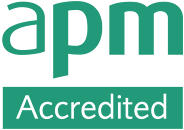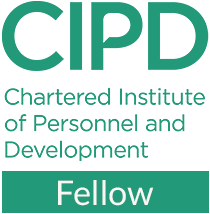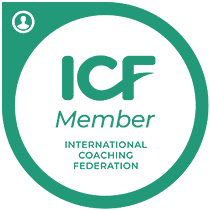
The world has become much more VUCA (volatile, uncertain, complex and ambiguous). This means managers and leaders find themselves solving problems that are wicked. Wicked problems have many associated causes and issues and as a result there is no one best answer. For example, many of the problems we grapple with such as innovation, increasing collaborating, and improving engagement in organisational change are wicked. These problems always have process challenges that have a cultural change requirement as well. They require leadership, where people are engaged to think differently and innovatively, and explore. This requires something different of managers and leaders. It requires the capability to remain open, curious, prepared to change direction, prepared to change the plan, and to get a diverse range of perspectives focused on the problem. Most of us are inclined either towards managing or leading. Managing relies on following a well-trodden path and getting to a solution quickly. What we need is more people who are happy to explore and navigate an innovative way through.
Technical problems, be they engineering or IT based , are complex but often there is a best approach to resolving these. Management works well in these circumstances. The minute you need to change peoples behaviours or find new approaches dealing with ambiguous future requirements you can find yourself in a wicked problem environment. Take a quick look at a few of the habits that indicate what you do in a wicked environment.
- Do you stop to ask yourself if this could be a wicked problem or do you go straight into finding a resolution?
- Do you take time to dig down and find all the associated problems and see how they interlink, or do you focus on your first insights and plan your way forward?
- Do you try and balance short term goals with the long term or focus or immediate goals?
- Do you challenge others and allow yourself to be challenged or do you feel the need to give others certainty asap?
- Do you plan on the basis of iterative loops of building understanding or do you plan to deliver the solution and stick to it?
- Are you relaxed to let go of standards and processes (that are are not safety orientated) if you need to, or do you always remain within current policy or process.
If you are more aligned to leadership then the first way of being will be natural. So what can you do if you realise that you need to develop the capability to lead in wicked environment?
- When faced with a problem ask yourself questions to determine if the problem could be wicked. For example, does this involve cultural change? What different perspectives exist about this problem? What contributes to the problem?
- Take a systems perspective. The organisation is organic and constantly changing. Find out how the process, strategy, policy and culture interrelate and help or hinder the problem.
- Think about the long term issues such as sustainability and diversity over and above financial goals and ask yourself. How does the problem contribute negatively and positively to global, national, organisational aspirations? Test solutions against a range of qualitative and quantitative measures to ascertain ways forward.
- Dealing with a wicked problems means often as with an iceberg problems are interlinked but hidden and need uncovering. Different people in different relationships to the organisation will have different insights. Build a network of perspectives and use Sprints or interative plans to uncover knowledge and ideas.
- Take a look at the actual processes you use to manage problems, be it project management, policies on issues and governance. How do these aspects help or hinder and do they need to be challenged?
Learning to lead in a wicked environment which is VUCA is a challenge for most of us. No one person can know all the answers. We need to develop different leadership capabilities. Are you read for the challenge?
I am here to help you
Get in touch with me today and let’s start the journey together. If you want further information about the general coaching programmes please see the attached coaching brochure 2



